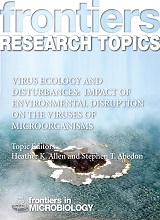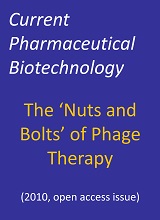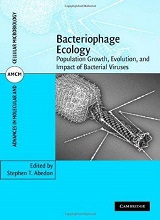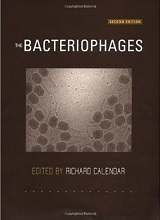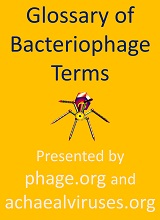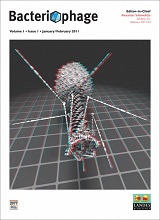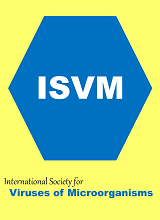
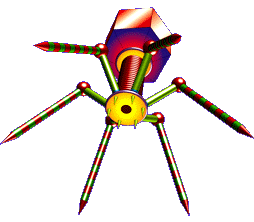
Biased "birth" and extinction of reproductively isolated populations.
Those taxa that generate, though speciation events, the most descendant species, in combination with the survival of those species, will over time make up a greater proportion of the total number of species on planet Earth. This is the essence of species selection, the idea that some species, as a consequence of certain intrinsic properties, will have greater or lesser propensities to generate descendant species.
Note that species selection is a macroevolutionary process whereas natural selection is a microevolutionary process. So long as natural selection leads to species that are relatively resistant to extinction as well as relatively likely to spawn populations that become reproductively isolated, then natural selection can lead to greater propensities for taxa to possess more species.
Natural selection, however, need not give rise to such a linkage. Instead, natural selection can just as readily lead to species that are less resistant to extinction (e.g., specialists) and less likely to give rise to descendant species. The latter can include highly mobile as well as highly prevalent organisms such that individual sub-populations cannot easily "hide" from one another, e.g., such as ourselves.
For more on this topic, see Wikipedia and Google. Contact web master. Return to home.
